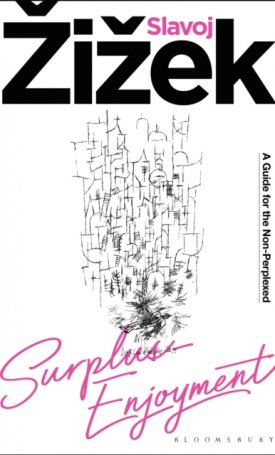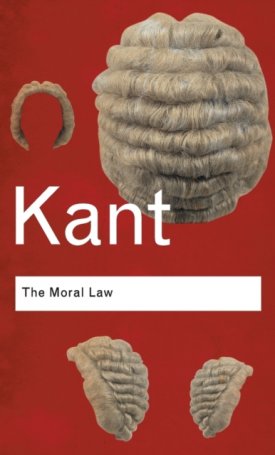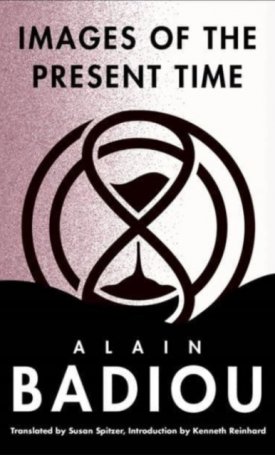Development of Ethics, The - Volume 3 - From Kant to Rawls
-10%
8 375 Ft
7 538 Ft
Preorder(You have to login)
Discounted prices are valid only for orders placed through our webshop.
Development of Ethics, The - Volume 3 - From Kant to Rawls
A comparison between the Kantian and the Aristotelian outlook is one central theme of the third volume. The chapters on Kant compare Kant both with his rationalist and empiricist predecessors and with the Aristotelian naturalist tradition. Reactions to Kant are traced through Hegel, Schopenhauer, Nietzsche, and Kierkegaard. Utilitarian and idealist approaches to Kantian and Aristotelian views are traced through Sidgwick, Bradley, and Green. Mill and Sidgwick provide a link between 18th-century rationalism and sentimentalism and the 20th-century debates in the metaphysics and epistemology of morality. These debates are explored in Moore, Ross, Stevenson, Hare, C.I. Lewis, Heidegger, and in some more recent meta-ethical discussion. This volume concludes with a discussion of Rawls, with special emphasis on a comparison of his position with utilitarianism, intuitionism, Kantianism, naturalism, and idealism.
Since this book seeks to be not only descriptive and exegetical, but also philosophical, it discusses the comparative merits of different views, the difficulties that they raise, and how some of the difficulties might be resolved. It presents the leading moral philosophers of the past as participants in a rational discussion in which the contemporary reader can participate.














